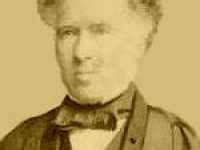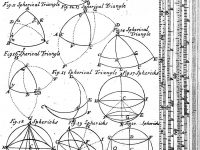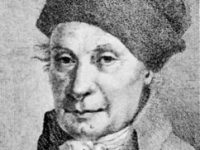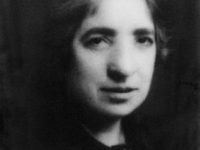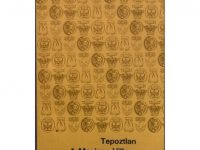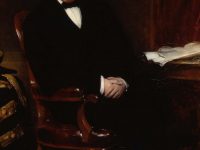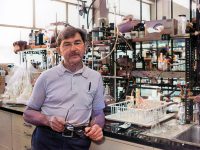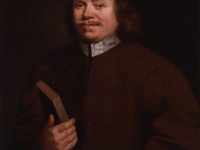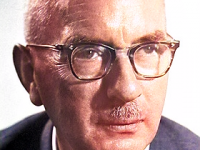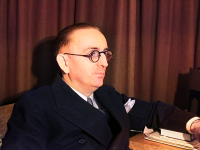James Challis and his failure to discover the planet Neptune
On December 12, 1803, English clergyman, physicist and astronomer James Challis was born. Challis investigated a wide range of physical phenomena though made few lasting contributions outside astronomy. He is best remembered for his missed opportunity to discover the planet Neptune in 1846. Early Years James Challis was born in Braintree, Essex, UK, where his father, John Challis, was a stonemason. After attending Braintree School, the Revd Daniel Copsey’s school, Braintree, and…
Read more

